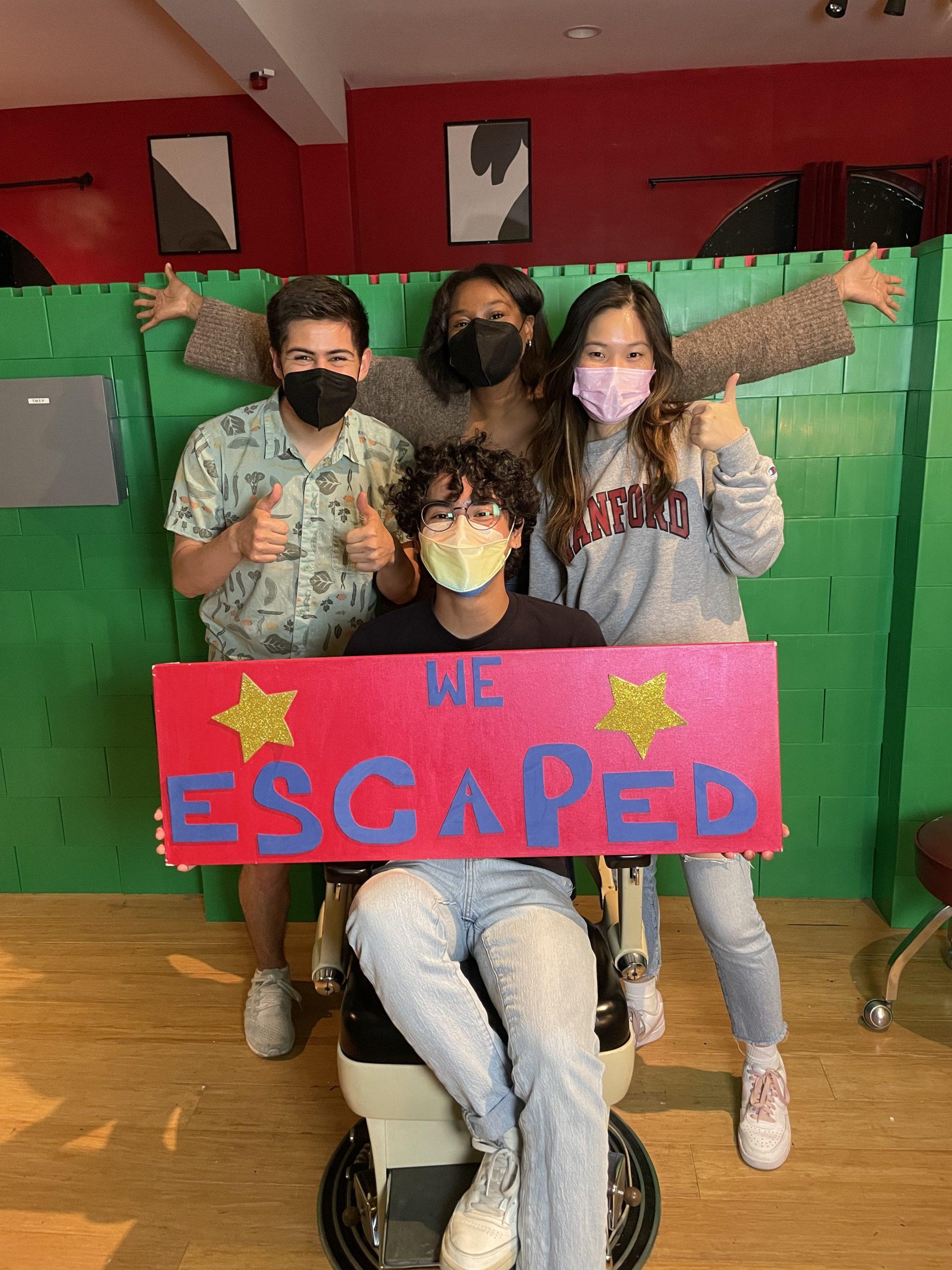I took this class because I was interested in seeing what game design really was. Yet, in the beginning, I was not fully convinced that I would be able to pull off the coursework. I had only ever been in the shoes of the player, never in the shoes of the creator. Designing a game seemed like a daunting task. I was asking myself: If I can’t code, can I still contribute? How do you get a game just right? What if I haven’t played enough games to take a class like this? What if all of my ideas are bad? Nevertheless, I decided to enroll because I knew that the experience would be one to push me outside of my comfort zone and make me hone new skills. The best part of learning is that you don’t have to come in knowing all the answers, you can answer your questions as you go and re-evaluate your answers as your mental model updates.
Before this class, I thought about play as something extra that you get to do as a little treat when work winds down. I thought of play like a rationed resource, not like a human need that needs to be fulfilled. This class taught me a lot about the importance of opening myself up to play and making time and space for it. Before this class, I thought of game design as a black box that only male software engineers knew how to peer into. Some man somewhere would (somewhat self-centeredly) have an idea of a game they wanted to play and then BOOM a little bit later they would think “hey everyone else probably wants this too” and it would be downloaded onto computers across the world.
By trade, I am a product designer. I live and breathe creativity and innovation, but we are always designing for a user and trying to meet one of their needs. In my eyes, game design didn’t feel as legitimate of a design discipline because it felt a bit indulgent and hedonistic. It wasn’t fulfilling a need, it was just pumping out content for consumers to purchase. As I experienced this class, my point of view began to change. With games, although you aren’t really starting with a specific need or issue, you’re still filling the overarching human need to play, enjoy, imagine, and detach from reality. I was happy to learn that my needfinding and design thinking skills did not need to be left at the door. I was happy to learn that making a good game is still a great design problem.
The biggest mindset change for me actually came through learning how much of games center around learning. I’ve always been fascinated by the way that people learn and it is something that I really respect. The way that games can make you learn without you even being aware is so cool and really blew my mind. Games no longer looked like indulgences to me, but instead like a captivating way to challenge your brain against the backdrop of a much more fun theme and exciting setting. I think that the concept that “good games make you feel like you’re constantly learning” was really implemented in the latter half of the course with our escape room. We thought so hard about how the puzzles could build and challenge the player, and I was excited to see it come to life.
I grew a lot in terms of design skills, confidence in playtesting, ability to take feedback and collaboration with groups. Our group actually got to go to an escape room, which was one of the highlights of my quarter! I am so excited to keep working on games in the future and to continue fostering this newfound curiosity of mine about the game design world!



